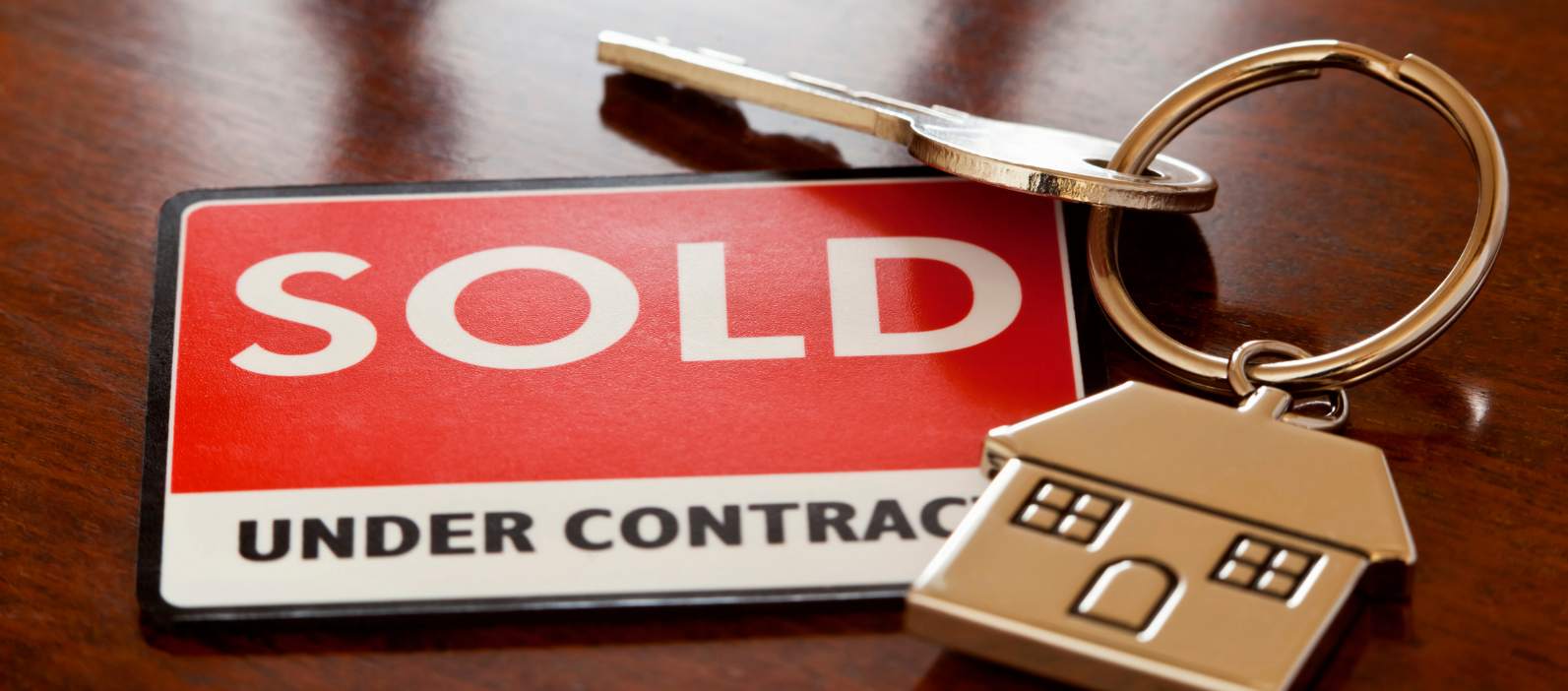Getting a bond can be difficult when you’re self-employed and hoping to buy a house or invest in real estate. With the lack of a regular income and the perceived risk to lenders, it’s essential to understand the requirements and criteria that lenders use to assess your eligibility. We’ll explore some strategies that you can use to improve your chances of being approved for a bond.
Understanding the Requirements
Before applying for a bond, it’s crucial to understand the requirements and criteria that lenders use to assess your eligibility. The following are some of the key factors that lenders consider:
Credit Score
A high credit score indicates that you are a responsible borrower and are more likely to make payments on time. Lenders will typically look at your credit history to assess your eligibility for a bond.
Income
Lenders will typically require proof of income, such as tax returns, bank statements, and financial statements. As a self-employed individual, you’ll need to provide evidence of a stable income stream and business history.
Debt-to-Income Ratio
This is the amount of debt you have compared to your income. Lenders will want to ensure that you have sufficient income to cover your existing debt obligations and the new bond repayment.
Savings
Having a substantial amount of savings can demonstrate your ability to handle unexpected expenses and provide a safety net for lenders.
Strategies to Improve Your Chances
Now that you understand the requirements, the following are some strategies that can help you improve your chances of getting a bond when you’re self-employed:
Build a Strong Credit History
Your credit score is a crucial factor that lenders consider when assessing your eligibility for a bond. Therefore, it’s essential to establish a strong credit history by paying your bills on time, maintaining low credit card balances, and avoiding applying for credit too frequently.
Save for a Bigger Deposit
Saving for a larger deposit can help you secure a bond as it demonstrates your ability to manage your finances and provides a larger buffer for lenders in case of default. Additionally, a larger deposit can help reduce your monthly bond repayment and the interest rate charged by lenders.
Provide Proof of Income
As a self-employed individual, it’s essential to provide proof of income to lenders, such as tax returns, bank statements, and financial statements. You may also need to provide evidence of a stable income stream and business history.
Work with a Mortgage Broker
Working with a mortgage broker can be beneficial as they have a network of lenders and can help you find a lender that is willing to work with self-employed individuals. Additionally, a mortgage broker can help you navigate the application process and provide guidance on how to improve your chances of getting a bond.
Difficult but not Impossible
Getting a bond when you’re self-employed can be challenging, but it’s not impossible. By understanding the requirements, improving your credit score, saving for a larger deposit, providing proof of income, and working with a mortgage broker, you can increase your chances of being approved for a bond. Remember, it’s essential to do your research and be prepared before applying for a bond to ensure a successful outcome.
All the best.
————–
FAQs
- Can I get a bond if I’m self-employed?
Yes, you can. However, it may be more challenging to get approved due to the lack of a regular income and perceived risk to lenders.
2. What is a good credit score for getting a bond?
A good credit score is typically considered to be above 700. However, some lenders may have different requirements.
3. How much deposit do I need to get a bond?
The deposit required will depend on the lender and the value of the property. Typically, a deposit of 10%




